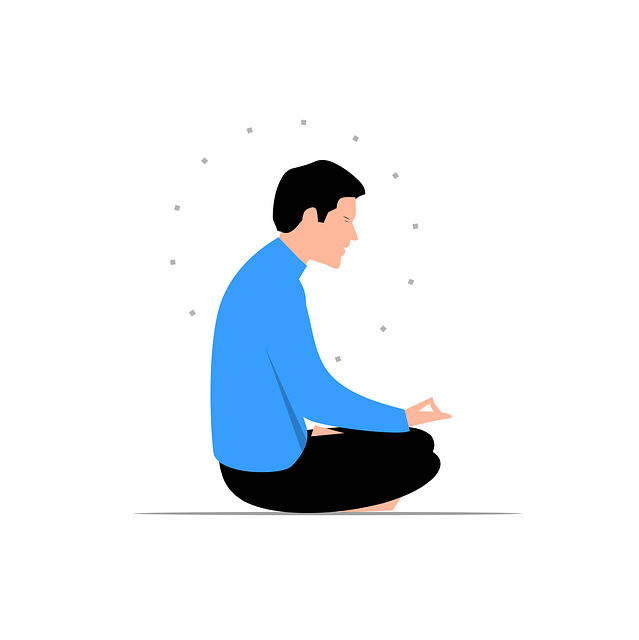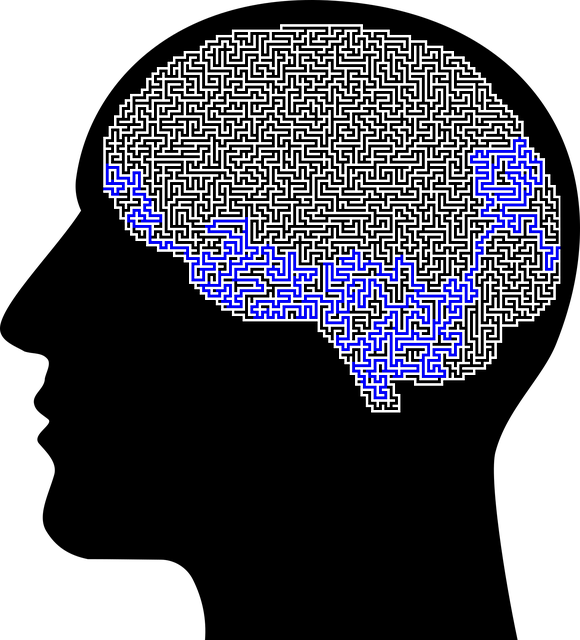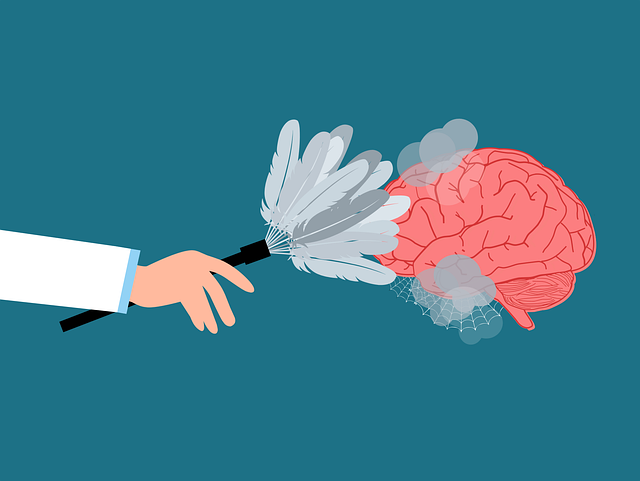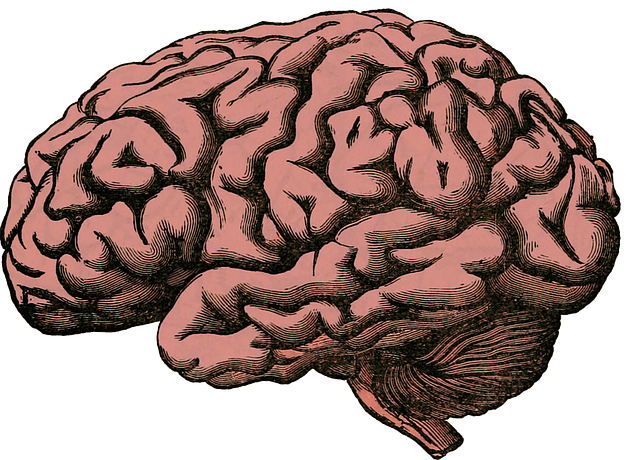Louisville Anger Management Therapy emphasizes holistic self-care practices as a powerful tool for stress management and mental health improvement. By cultivating compassion, adopting positive thinking, and incorporating mindfulness techniques like deep breathing, meditation, and yoga, individuals can reduce anxiety and anger. The program focuses on identifying personal stressors, developing effective communication strategies, and promoting physical well-being through exercise, diet, and sleep to achieve emotional balance. Building strong social connections and setting clear boundaries are key pillars, fostering a supportive community for mental wellness in a fast-paced world.
Self-care is not a luxury but an essential practice for maintaining mental well-being. In today’s fast-paced world, understanding and prioritizing self-care can be transformative. This article explores various aspects of enhancing self-care routines, from managing stress with Louisville Anger Management Therapy perspectives to incorporating mindfulness and nurturing physical health. By delving into these practices, you’ll discover how to create a balanced life that promotes overall well-being.
- Understanding Self-Care and Its Impact on Mental Well-being
- Identifying Personal Stressors and Triggers: A Louisville Anger Management Therapy Perspective
- Incorporating Mindfulness and Relaxation Techniques for Daily Calm
- Nurturing Physical Health: Exercise, Nutrition, and Sleep as Cornerstone Self-Care Practices
- Building Social Connections and Setting Healthy Boundaries
Understanding Self-Care and Its Impact on Mental Well-being

Self-care is a fundamental practice that involves intentional actions to maintain and enhance one’s physical, mental, and emotional well-being. It is about prioritizing your own needs and taking the time to nurture yourself, which can have profound effects on overall mental health. In today’s fast-paced world, where stress and demands are ever-present, incorporating self-care rituals becomes increasingly crucial for Louisville Anger Management Therapy clients striving for a healthier mind.
By understanding the impact of self-neglect and adopting healthy self-care habits, individuals can effectively combat issues like depression prevention. Simple acts such as engaging in compassion cultivation practices or promoting positive thinking can significantly improve mental well-being. These strategies help reduce anxiety, foster resilience, and create a sense of balance, ultimately enabling individuals to navigate life’s challenges more adeptly.
Identifying Personal Stressors and Triggers: A Louisville Anger Management Therapy Perspective

In Louisville Anger Management Therapy, we emphasize the importance of identifying personal stressors and triggers as a foundational step in self-care practices improvement. Understanding what sets off our anger or causes us stress is crucial for fostering inner strength and emotional well-being promotion techniques. By recognizing these triggers, whether they’re related to work pressures, interpersonal relationships, or specific environments, individuals can begin to develop effective communication strategies.
Through this awareness, Louisville Anger Management Therapy assists clients in learning how to manage and reduce their reactionary behaviors. This involves mastering relaxation techniques, cognitive reframing, and problem-solving skills, all of which empower individuals to navigate challenging situations with more composure and resilience. By tackling personal stressors head-on, one can cultivate a stronger sense of self-control and emotional balance, ultimately enhancing overall quality of life.
Incorporating Mindfulness and Relaxation Techniques for Daily Calm

Incorporating mindfulness and relaxation techniques into your daily routine can significantly contribute to a calmer and more balanced lifestyle, especially in stressful modern times. Louisville Anger Management Therapy, for instance, often emphasizes these practices as a core component of its programs. Mindfulness encourages individuals to focus on the present moment without judgment, fostering a deeper connection with one’s thoughts and emotions. This simple yet powerful tool can help reduce anxiety and anger by promoting self-awareness and emotional regulation.
Relaxation techniques, such as deep breathing exercises, meditation, or yoga, are effective methods to unwind and find inner peace. These practices not only enhance mental wellness but also have physical benefits like lowering blood pressure and improving overall health. Louisville Anger Management Therapy incorporates these strategies to help individuals develop better coping mechanisms and improve their quality of life. Moreover, with the support of a competent healthcare provider offering cultural competency training, one can tailor these techniques to suit individual needs, ensuring accessibility and effectiveness in promoting mental wellness coaching programs development.
Nurturing Physical Health: Exercise, Nutrition, and Sleep as Cornerstone Self-Care Practices

Self-care is a holistic process, and nurturing your physical health forms its cornerstone. Regular exercise, balanced nutrition, and adequate sleep are essential practices for overall well-being. In Louisville Anger Management Therapy circles, promoting emotional well-being involves not just treating symptoms but empowering individuals with sustainable lifestyle changes. Engaging in physical activities helps reduce stress, improves mood management, and enhances cognitive function, making it a powerful tool in the promotion of emotional health.
Nutrition plays a vital role too, as fuel for your body and mind. A balanced diet ensures optimal brain function and stabilizes moods, which are key aspects of communication strategies recommended by Louisville Anger Management Therapy professionals. Furthermore, prioritizing sleep allows the body to rest, repair, and rejuvenate, leaving individuals better equipped to navigate daily challenges and maintain emotional balance. Integrating these practices into your routine can significantly impact your ability to manage anger and promote a healthier, more balanced lifestyle.
Building Social Connections and Setting Healthy Boundaries

Building strong social connections is a vital aspect of self-care that often gets overlooked. In today’s fast-paced world, many individuals struggle to find balance between their personal lives and professional responsibilities, leading to increased stress and potential mental health concerns. Louisville Anger Management Therapy emphasizes the importance of fostering meaningful relationships as a key component in improving overall well-being. By connecting with like-minded individuals, whether through community groups, support networks, or social activities, people can create safe spaces to share experiences, offer support, and gain different perspectives. These connections can enhance emotional intelligence, providing opportunities to learn coping skills development and maintain healthy boundaries.
Setting clear and respectful boundaries is another crucial practice in self-care. It involves recognizing one’s needs and communicating them effectively to others. Louisville Anger Management Therapy encourages individuals to define their personal limits, especially when it comes to managing anger and maintaining mental wellness. By setting healthy boundaries, people can protect their time, energy, and emotional resources, ensuring they are not overwhelmed by external demands. This practice promotes a sense of control, enhances self-esteem, and fosters better relationships, ultimately contributing to improved emotional intelligence and overall mental wellness.
Incorporating self-care practices into daily life is a powerful tool for enhancing mental well-being. By understanding personal stressors, integrating mindfulness, prioritizing physical health, and fostering social connections with healthy boundaries, individuals can navigate life’s challenges more effectively. Louisville Anger Management Therapy underscores the importance of these practices in managing anger and promoting overall balance. Ultimately, nurturing oneself holistically contributes to a calmer, more resilient state of being.













